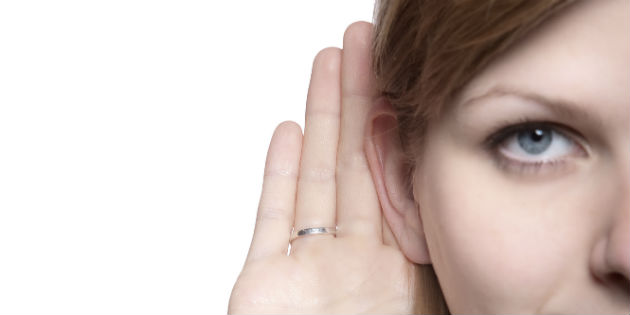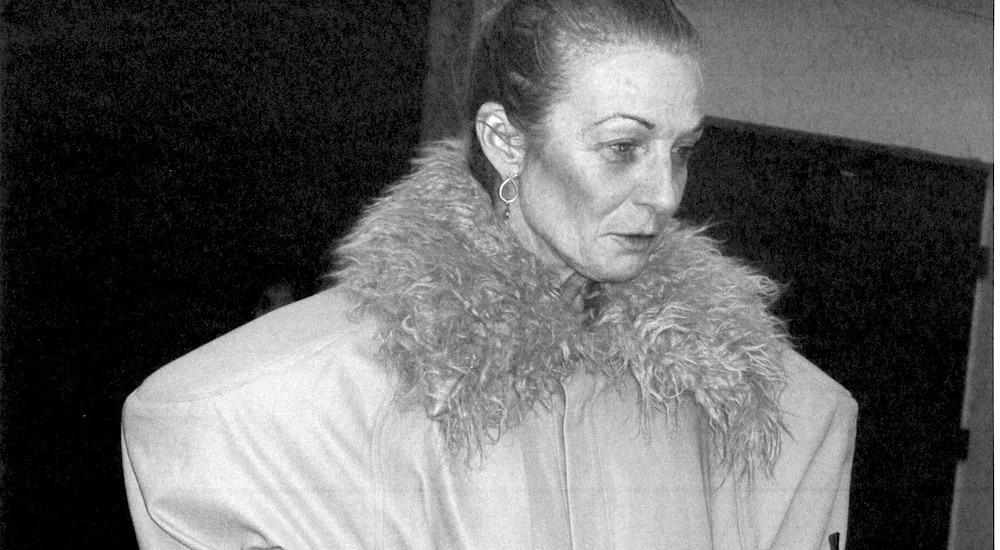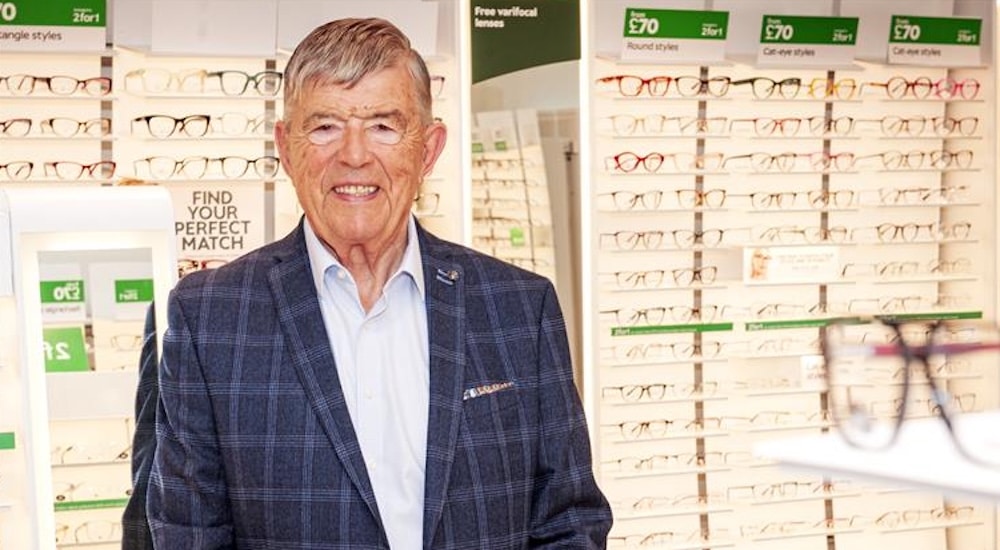Perspectives for hearing health in the US
Consumer
In its Health column, Consumer Reports recently talked about the big changes that are expected in the area of hearing healthcare in the US and the common obstacles to hearing rehabilitation.

The way people see hearing loss is starting to change: it is no longer considered a purely unavoidable part of aging that represents a nuisance to affected people and those around them, but rather a serious health concern that has been associated with depression, a decline in memory and concentration, and even dementia.
Epidemiological research has shown that the number of people of working age in the US with hearing loss has declined slightly over recent decades, but the condition continues to be a serious concern for seniors, affecting over 28 million Americans aged 60 and older. Despite these high prevalence rates, many people do not seek help.
Some of the reasons for this are highlighted in the article. The main reason is of course price, especially since private health insurance and Medicare do not cover hearing aids. Another is that many people do not think their hearing loss is severe enough to justify an assistive device. And there is the psychological aspect of people believing a hearing aid may give the impression of faltering health.
Although the push for affordable hearing solutions has taken center stage in the last few months, the article points out that the issue is complex. Personal sound amplification products (PSAPs) are the most common over-the-counter solution but they are very different from hearing aids. The author emphasizes that they are less able to reduce feedback and to consistently target only the frequencies in which the user actually needs amplification, which can have a major impact on sound quality and thereby satisfaction.
Source: Consumer Reports


